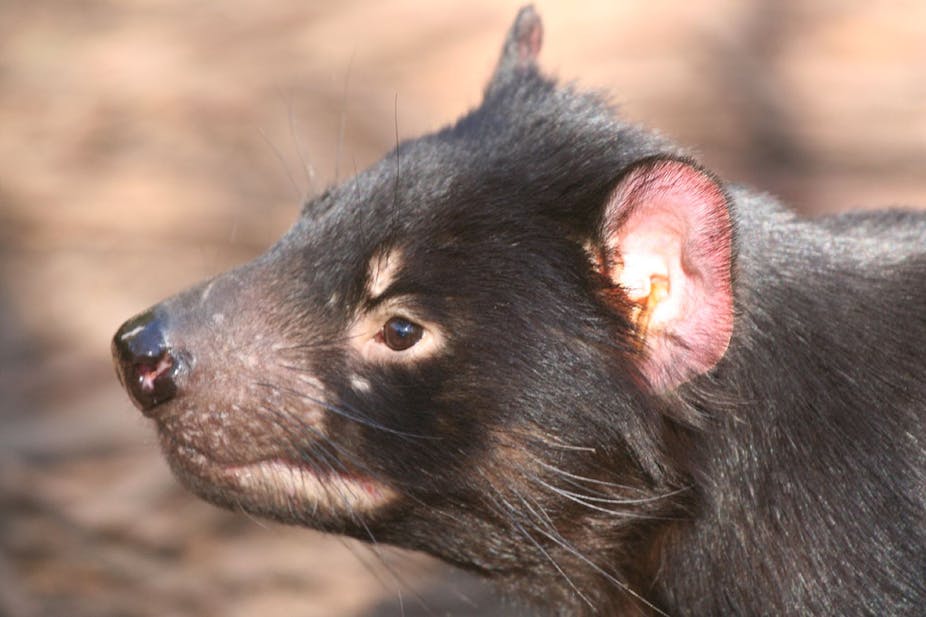Scientists hoping to fix a deadly cancer killing Tasmanian Devils and researchers behind a new needle-free immunisation technique were among the scores of Australian researchers celebrated at the Oscars of the Australian science world, the Eureka Prize Awards, last night.
The Australian Museum Eureka Prizes, with a total prize pool worth more than $240,000, recognise outstanding work in the fields of science research, education and communication.
“For 22 years, the Eureka Prizes have been providing public recognition of the sometimes little-known achievements of Australia’s scientific community,” said Frank Howarth, Director of the Australian Museum.
“Already, this year’s winners are influencing the way we think and act in realms as diverse as computer science and the Melbourne Cup.”
Paul McGreevy, David Evans, Andrew McLean and Bidda Jones from the University of Sydney’s Faculty of Veterinary Science won the Voiceless Eureka Prize for Scientific Research That Contributes to Animal Protection for their work on the effectiveness of horse-whipping in sport.
Their study found that while Australian racehorses collectively receive more than a million whippings a year, the animals actually tend to perform better when they are not being hit.
The Sherman Eureka Prize for Environmental Research went to Menna Jones, Hamish McCallum, Kathy Belov, Greg Woods and Anne-Maree Pearse, a multi-institutional team investigating a virulent face cancer that has wiped out populations of the endangered Tasmanian Devil.
Their discovery of a diagnostic test for the cancer and analysis of the Devil’s immune response has paved the way for future research into a potential vaccine.
A team led by led by Professor Kendall, from the Australian Institute for Bioengineering and Nanotechnology at the University of Queensland, won the 2011 Eureka Prize for Excellence in Research by an Interdisciplinary Team for their work on a tiny patch that may one day replace needles as a vaccine delivery system.
The postage stamp-sized Nanopatch, as it is known, has 20,000 micro-projections per square centimetre. The vaccine-covered mini projections push just below the surface of the skin to deliver potentially life-saving medicine.
A full list of the 2011 Eureka Prize winners can be found here.

